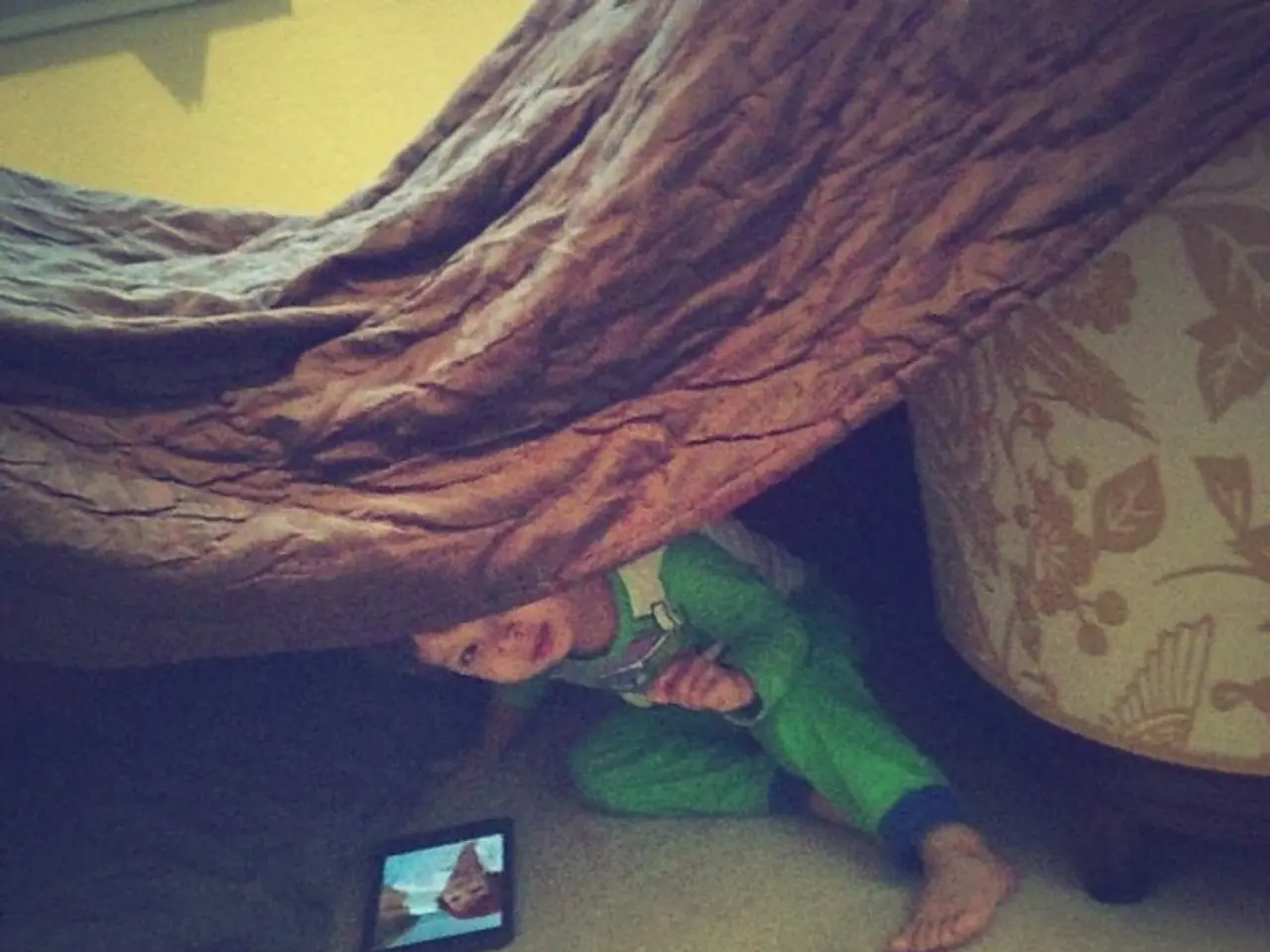Adolescent Self- Harm Thoughts Linked to Loneliness, Dependent on Quality of Parent-Child Bond
A recent study published in Clinical Psychological Science has shed light on the significant role secure parent-child attachments play in reducing the likelihood of self-harm thoughts and behaviors in adolescents during periods of loneliness.
The research, conducted by a team led by Dr. Janssens, involved 1,602 adolescents from schools in Flanders, Belgium. Participants completed short questionnaires multiple times each day over a six-day period, documenting feelings of loneliness, self-harm thoughts, and actual self-harm behaviors.
The findings demonstrated a clear association between momentary experiences of loneliness and an increased likelihood of subsequent self-harm thoughts. However, this risk was notably lower among adolescents with secure attachments to their parents.
Secure attachment relationships provide a buffer against the emotional distress triggered by loneliness, decreasing both the intensity of self-harm thoughts and the actual occurrence of self-harm behaviors. Adolescents with secure attachment to their mothers reported less intense self-harm thoughts after feeling lonely, while secure attachments to fathers were especially important in reducing the likelihood of engaging in actual self-harm behaviors.
Conversely, adolescents with less secure paternal attachments were more prone to use self-harm as a coping mechanism when lonely. This suggests that the quality of parental attachments is crucial in helping adolescents cope with loneliness effectively.
The study's findings emphasize the role parental support plays in providing adolescents with effective coping mechanisms during periods of loneliness. The researchers suggest exploring digital interventions known as Just-in-Time Adaptive Interventions (JITAIs) as a potential method for immediate, customized support during feelings of loneliness.
These findings underscore the importance of strong, supportive parent-child relationships in promoting emotional well-being during adolescence, a period marked by shifting social dynamics and growing emotional needs. Initiatives aimed at strengthening family relationships and improving communication and trust between adolescents and their parents could be beneficial in preventing self-harm in vulnerable adolescents.
However, it's important to note that the study has limitations, such as reliance on brief, self-reported measures, which might not fully capture the complexity of emotional experiences. Further research should examine variations in these dynamics across different cultural and socioeconomic settings.
In conclusion, secure parent-child attachment acts as a crucial emotional safeguard during adolescent loneliness, lowering the chance that such loneliness escalates into self-harm thoughts or actions. Strengthening family relationships and improving communication between parents and adolescents could be key strategies in preventing self-harm and promoting emotional health during adolescence.
[1] Janssens, E., et al. (2022). The role of parental attachment in the relationship between loneliness and self-harm in adolescence: A daily diary study. Clinical Psychological Science.
- The role of secure parent-child attachments is significant in reducing the likelihood of self-harm thoughts and behaviors in adolescents during periods of loneliness.
- Adolescents with secure attachments to their parents are found to have a buffer against the emotional distress triggered by loneliness.
- Secure attachments to mothers decrease the intensity of self-harm thoughts in adolescents when they feel lonely, while secure attachments to fathers reduce the likelihood of engaging in actual self-harm behaviors.
- Adolescents with less secure paternal attachments are more likely to use self-harm as a coping mechanism when lonely.
- The quality of parental attachments is essential in helping adolescents cope with loneliness effectively.
- The study suggests exploring digital interventions known as Just-in-Time Adaptive Interventions (JITAIs) as a potential method for immediate, customized support during feelings of loneliness.
- Initiatives aimed at strengthening family relationships and improving communication and trust between adolescents and their parents could be beneficial in preventing self-harm in vulnerable adolescents.
- The research highlights the importance of strong, supportive parent-child relationships in promoting emotional well-being during adolescence, a period marked by shifting social dynamics and growing emotional needs.
- Further research is needed to examine variations in these dynamics across different cultural and socioeconomic settings, as the study had limitations such as reliance on brief, self-reported measures.




